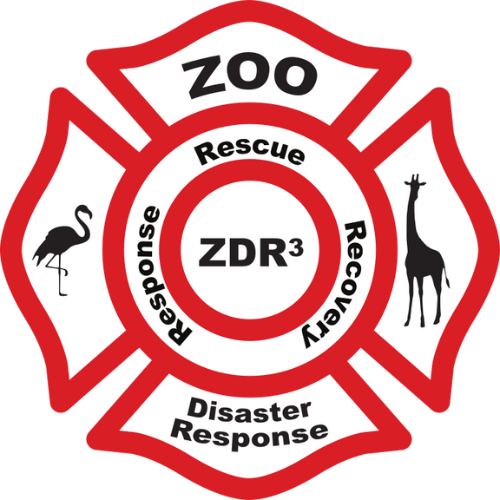
ZDR3 During Response
ZDR3 monitors weather and disaster events and prepares accordingly. When a network facility is impacted by disaster, ZDR3 may reach out to check in, but will only activate a response upon formal request from the facility leadership.
Upon receiving a request for aid, the ZDR3 Command Post (CCP) assesses the specific assistance needed and deploys a suitable team (or teams) from the ZDR3 Response Network. Response times are usually about 36 hours after an official aid request. This varies depending on the nature and scope of the incident, its location, and whether or not ZDR3 needs to deploy teams to multiple facilities.
ZDR3 response teams are not stationed at impacted facilities for extended periods. Initially, a liaison works with the facility and the CCP to address immediate needs before demobilizing. Specialized teams may be rotated in to address evolving needs or provide ongoing remote support.
Providing Assistance
Although there is no requirement for a ZDR3 Network facility member to participate in a response, more than 100 member facilities are prepared to assist colleagues across the country!
Every facility that deploys a team pays all of their own staff’s expenses, which will not be reimbursed by ZDR3 nor the impacted facilities. ZDR3 does not specify how staff are to be compensated during deployments. Typically, employees are paid their hourly rate, with policies on overnight compensation determined by their employer. All response team members must be covered by their employers’ liability insurance.
ZDR3 arranges accommodations for response teams when possible; otherwise, teams are responsible for their own housing. Other than consumables, all resources provided to a response effort are returned to the home site when teams demobilize.
A response can last from a few days to more than a week, so ZDR3 may rotate teams in and out to prevent burnout and return them to work at their home facility.



